Condominiums have been popular in the United States for quite some time now, and it’s easy to see why. They are great alternatives for those unhappy with their current living situation in an apartment or house. Condo living is a different experience that offers many excellent benefits for residents, but there are also some drawbacks. Read below to learn more about the pros and cons of condo living and find out if it is right for you!
What Is a Condo?
Before moving into the pros and cons, what exactly is a condo? By definition, a condo (short for condominium) is a private living area within a building or complex of other living areas. Condo complexes are usually high-rises, but there are other styles such as connected townhouses and low-rises. While this sounds identical to an apartment, there is one clear difference: Condos are generally owned and apartments are rented. Condo buildings and complexes often have amenities and common areas for patrons to share and utilize.

Pros of Condo Living
There are many clear and obvious pros to living in a condo complex. The HOA eliminates stress on condo residents by handling maintenance such as appliance repairs, mowing the lawn, and shoveling snow. They are also responsible for keeping the complex safe and secure from any intruders or hazards, leading to a heightened sense of comfort and security for residents. Utility costs such as electricity, gas, and water are also lower in condos. Condos are usually smaller and have less square footage than houses, so they are using fewer resources. Condos are usually well-insulated, which diminishes heating and cooling costs. Many also install ductless mini splits in their condos as an efficient HVAC system to help decrease their energy bill even more. These systems are versatile, efficient, and perfect in either one room or the entire condo area.
Another pro of condo living is the shared amenities. Most complexes have fitness centers, pools, parking garages, and other common areas that some homes and apartments do not offer. These areas are also maintained and kept up to standard by the HOA. These areas are great places to socialize and mingle with other tenants, which leads to a sense of camaraderie and community.
The social aspect of a condo complex is often overlooked but is another excellent benefit. Living in close proximity to others and utilizing the same common areas can help you find a common ground and spark new friendships or relationships. Condos are very popular in vibrant urban areas, so there is likely no shortage of activities outside the complex as well. You’re likely just a short walk or ride away from nightlife, restaurants, shopping, and more when you live in a condo complex!
Generally speaking, condos are cheaper than houses. According to Quicken Loans, the cost of a single-family home was more than 10% higher than that of a condo in September 2019. The median cost of a house was $275,100 while a condo cost $248,600. This means that both initial down payments and monthly mortgage payments are likely lower when purchasing a condo as opposed to a house. Condo insurance is also lower than home insurance, with condo owners paying an average of $478 per year and homeowners paying $1,083 per year.

Cons of Condo Living
Condo living is not always perfect, as there are some downsides. Despite the positives that the HOA contributes to the condo experience, they can be a burden and nuisance at times. Membership dues for the HOA are usually around $200-$300 per month for a single family property, but can cost thousands of dollars for luxurious properties. The HOA also has the right to raise dues on short notice, which could put extra financial burden on some condo owners.
HOAs have also been known to mismanage or misuse tenant funds. Additionally, some HOAs are not timely when it comes to answering tenants’ complaints and requests. You are at their mercy since they are responsible for maintenance, repairs, and other general upkeep around the complex. With an inefficient HOA, it could take an excessive amount of time for simple maintenance requests such as a plumber or electrician.
Condo complexes also have stricter regulations than other residential properties, which can limit what condo owners can do to their property. Potential restrictions include parking, pets, tenant subletting, and any property alterations such as landscaping, fencing, windows, and painting, among others. They may also strictly limit the use of and enforce rules about any property common areas.
While the sense of community can be a good thing, it means that you have much less privacy when living in a condo instead of a house. You also have no control over unruly, loud, or disruptive neighbors, which could create an unpleasant living experience.
Even though this specific problem would not immediately arise, selling a condo can also be more difficult than selling a house. It could be hard to find a buyer because they must be looking specifically for a condo, and your complex would prefer to fill any empty units rather than sell your currently occupied property.

In conclusion, condo living is a unique experience with many clear and obvious benefits, but the limitations may deter any prospective tenants. At the end of the day, it is ultimately your decision to examine the situation and determine if a condo fits your housing desires and needs. Be sure to research extensively before purchasing and moving forward because factors like the complex’s HOA, location, and regulations will play a large role in your happiness with your new condo.
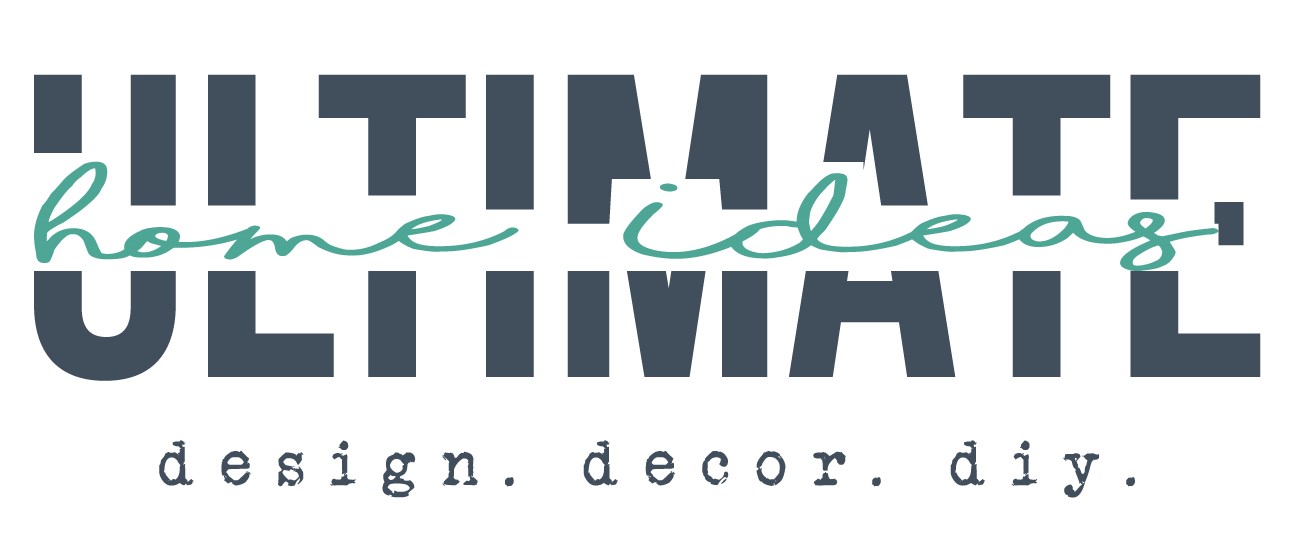



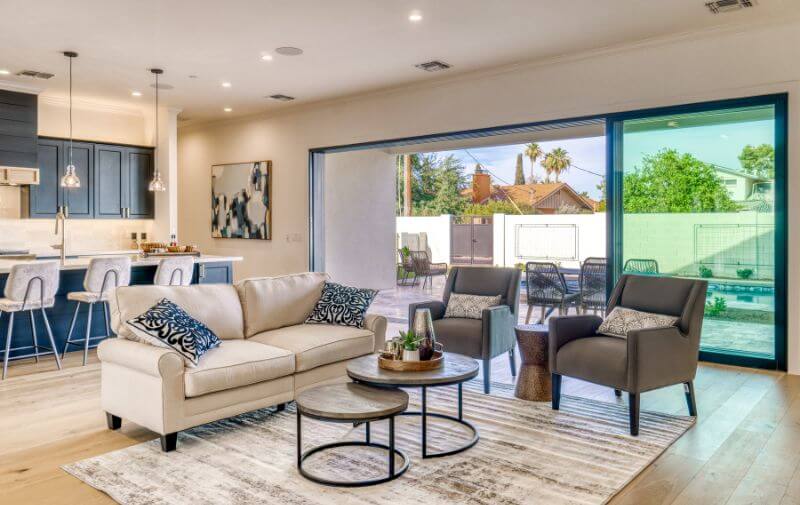


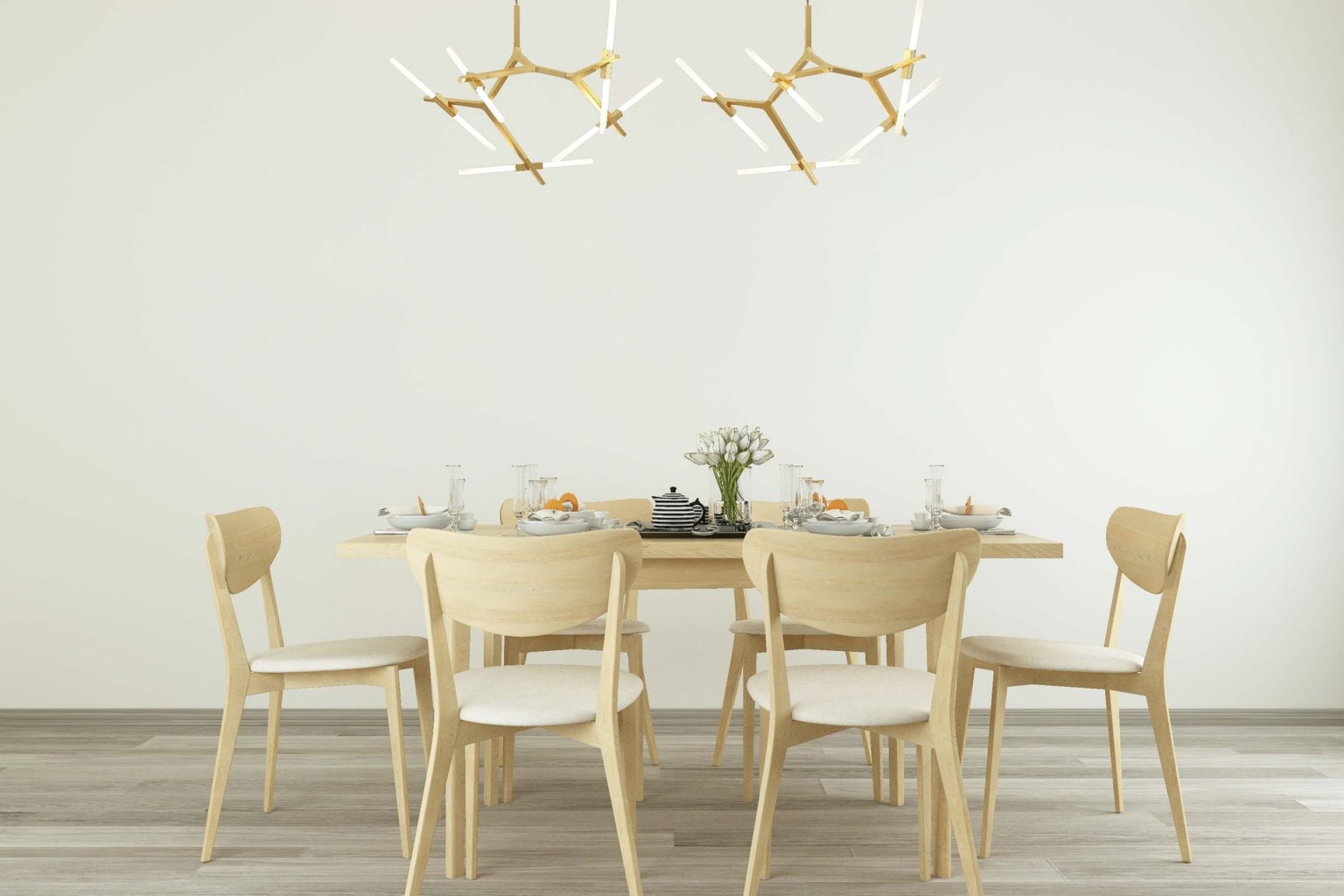




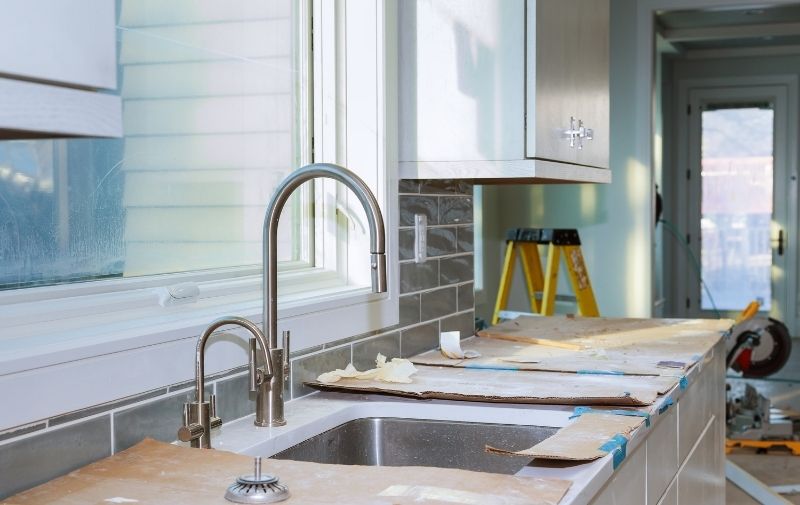

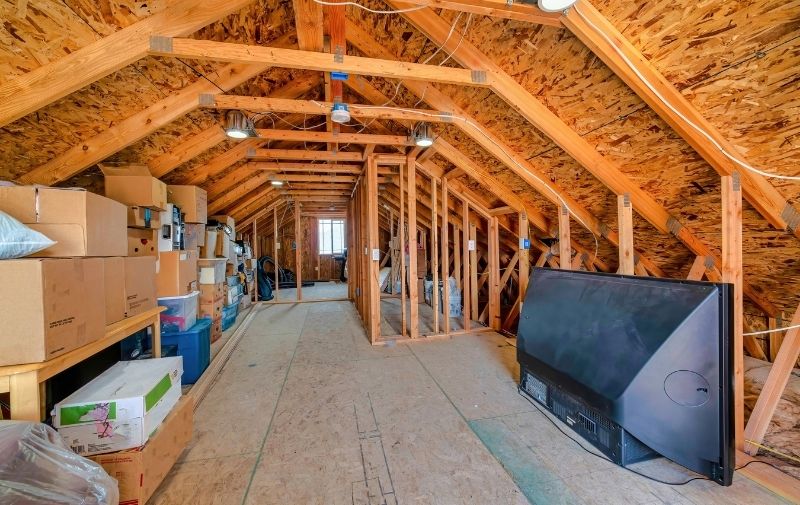
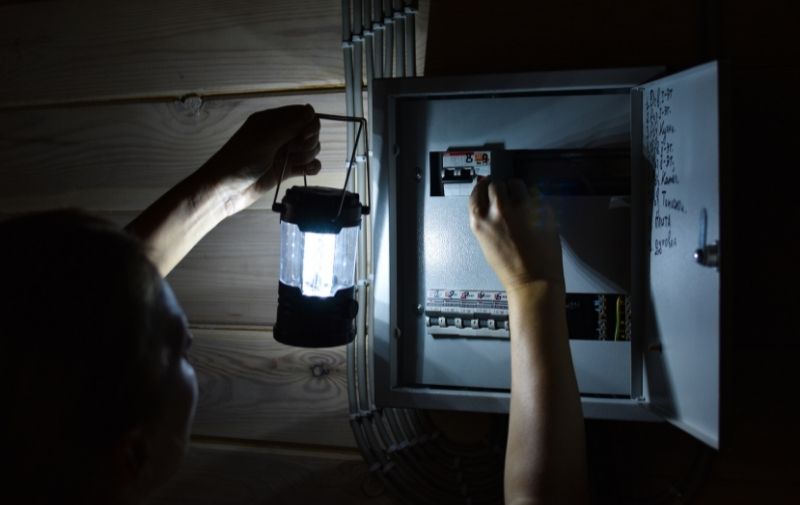

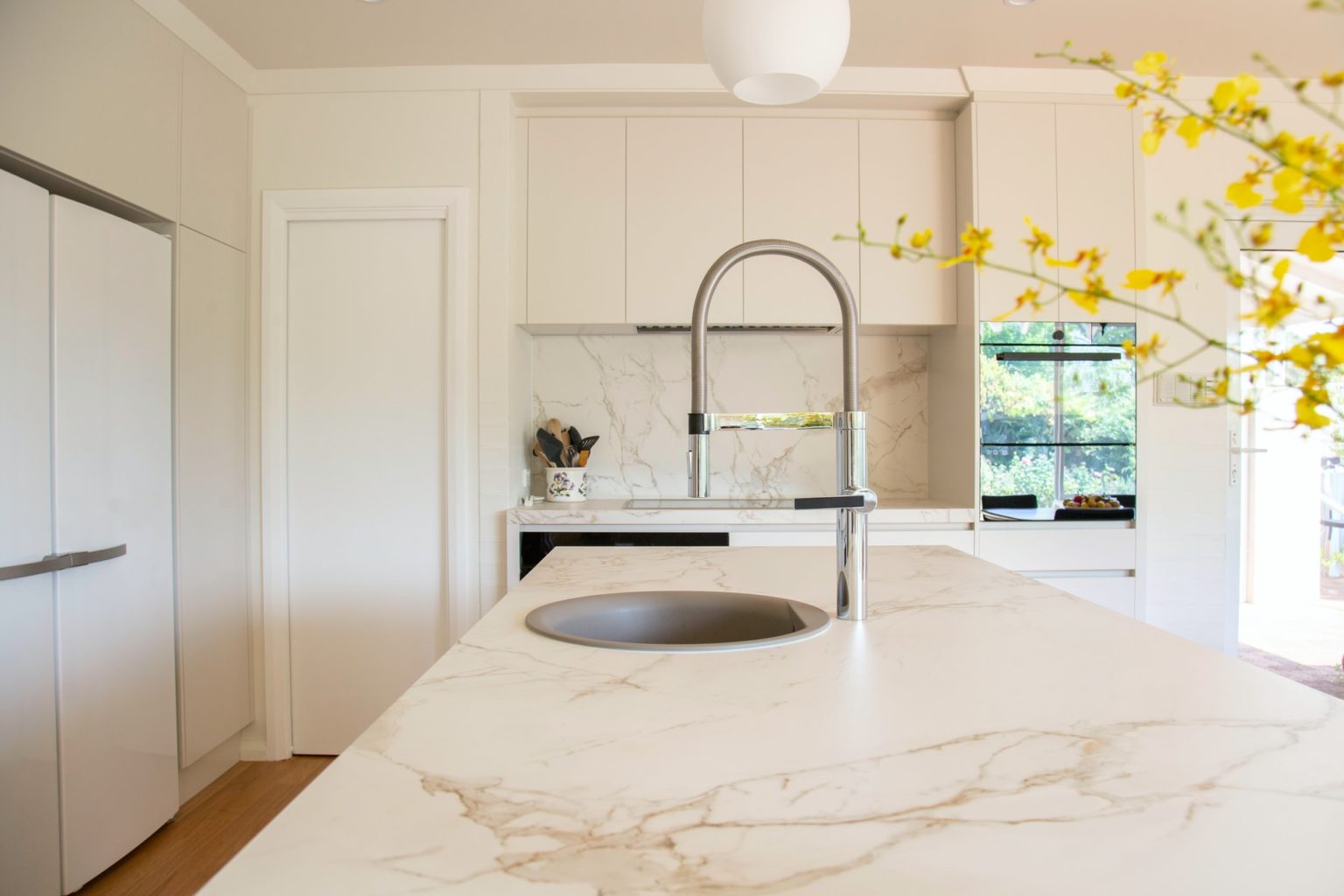




Leave a Reply